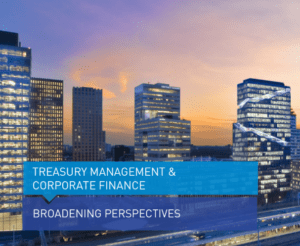Cash Management review – Fitting like a glove
| 18-01-2021 | Bas Meijer |
Can you remember when your current Cash Management structure has been set up? Probably at a point in time when there was a refinance, additional funding need or when a new treasurer came on board. The world is changing, your clients and their behavior are changing, therefore probably your Cash Management environment needs changing.
Unfortunately these changes are not automatically translated and implemented into your Cash Management setup. And as not every bank is the same, some banks cannot provide the Cash Management setup your corporate needs.
Reflecting the Cash Management needs every 3-5 years is a good habit. Solutions are evolving, banks are changing their focus & pricing can be renegotiated. But the most important goal is that the Cash Management setup should fit your corporate like a glove, not too big, an certainly not too small.
TreasuryXL has multiple experienced Treasures with up-to-date knowledge and experience, who can help your organisation to achieve these goals. Maybe your corporate is ready to take the next step, or your Cash Management infra structure is outdated. Is there need for automation, independent banking portal, TMS or market data provider?
From experience this review brings a contribution to the bottom line. But not only in money, also in speed and accuracy. With new tooling your current choices can be reviewed in time, which helps you to make the next steps down the road. The Treasury Department is never static, and should always adapt to the changing environment. Make sure that your Treasury function, how big or small, fits like a glove to the needs of the corporate!
Bas Meijer
Treasury Specialist














